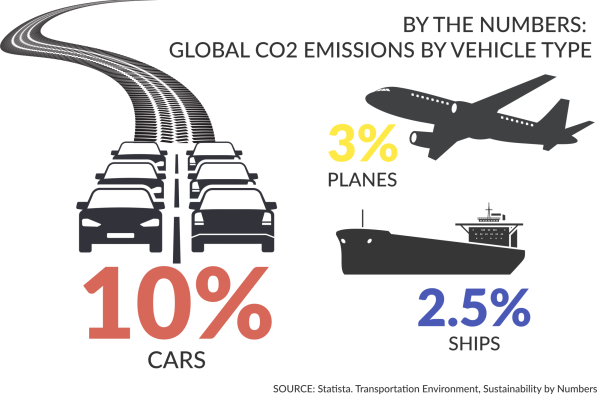Sustainability can be found everywhere — it adorns everything from product labels to corporate mission statements and political speeches. Amidst the enthusiasm surrounding sustainability, there is a pressing need to discern between genuine efforts and greenwashing, an approach of many companies that aims to claim they’re sustainable when they are not.
Realistic sustainability demands more than token gestures such as eco-friendly branding without implementing sustainable practices or donating a small percentage of profits to environmental causes without making changes to business operations that could reduce environmental impact; we must take a holistic approach that acknowledges the complexity of the ecological challenges we face. All factors must be considered, leading to a more sustainable outcome that benefits current and future generations.
Sustainability efforts should embody a commitment to long-term viability without compromising the needs of future generations. It transcends the superficial allure of eco-friendly branding and dives into systemic changes we must take to foster genuine environmental stewardship. Addressing climate change and resource depletion demands more than sporadic initiatives – it requires a fundamental shift in our collective mindset and actionable changes.
Individuals who take small actions can make big differences. Whether using a water bottle, bringing a reusable cup to a coffee shop, supporting local farms, or even walking to nearby destinations, sustainability does not have to be a burden. Instead, it can be incorporated into everyday life in manageable amounts. Individual actions can add up to make a big difference in the long run. For example, using a refillable water bottle can save hundreds of plastic bottles from being thrown away each year. Supporting local farms can reduce the carbon footprint of food transportation and boost your local economy.
As a collective, it is important to not shame others for their lack of sustainability or sustainable practices but rather celebrate those who try to live more sustainably. Celebrating and acknowledging those people can inspire others to do the same. But, it is essential to hold the government accountable – the U.S. transportation sector is responsible for one-third of the country’s climate-damaging emissions.

As a school community, we have the unique opportunity to foster distinct values, one of which should be the promotion of sustainability and the practice of environmental consciousness.
Individuals can also take many manageable and realistic actions regarding systemic changes, whether writing to state senators to support a bill or vocally supporting policy or nonprofits.